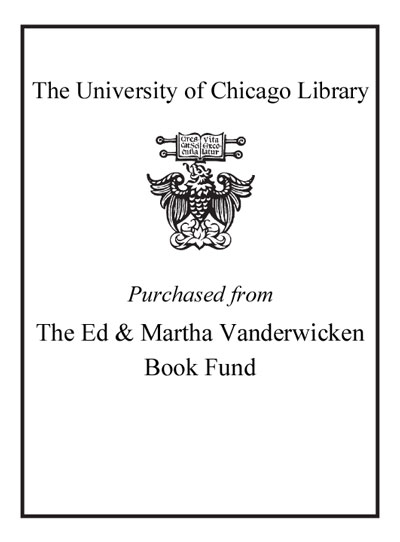Review by Choice Review
Economist Wallace (business, St. Martin's College, WA) provides a general tour of human history to outline a theory that aims to answer the question of why and how technology evolves. His premises are that technology evolves, that it evolves in fits and starts, and that it coevolves with culture. Wallace's ultimate goal is to create a theory that will explain biological change and cultural shifts via technology and punctuated equilibrium. Methodologically, he interprets human history through the lens of FROCA--frontier, release, overexploitation, crash, and adjustment--to explain the past and present, and to think about the future of techno-cultural evolution. Through his framework, every cultural and technological change, from bows and arrows to despots, airlines, and democracy, represent some aspect of the cycle of FROCA. Twenty-four chapters and two appendixes take the reader from the introduction of farming to the potential meta-crash of the 21st century. Ironically, as hard as Wallace tries to explain the whys and hows of human evolution, both biological and cultural, under one umbrella, he ends the book on the hopeful note that humans are special because of their infinite capacity for change and adaptation, and thus unpredictable. ^BSumming Up: Recommended. General readers; lower-division undergraduates; two-year technical program students. W. K. Bauchspies Pennsylvania State University, University Park Campus
Copyright American Library Association, used with permission.
Review by Choice Review


